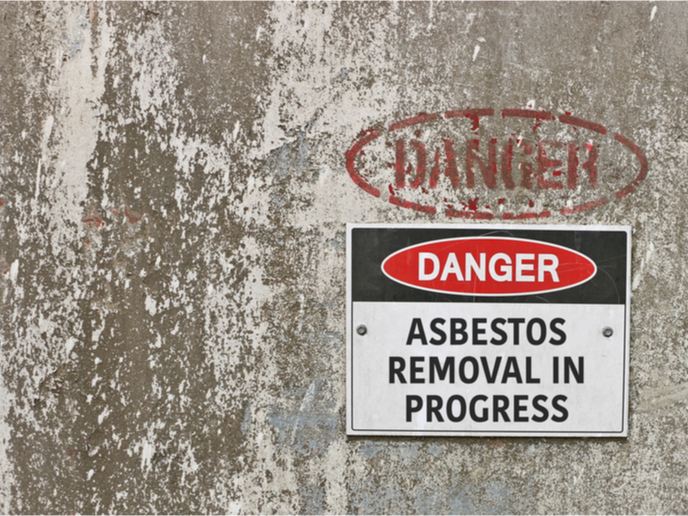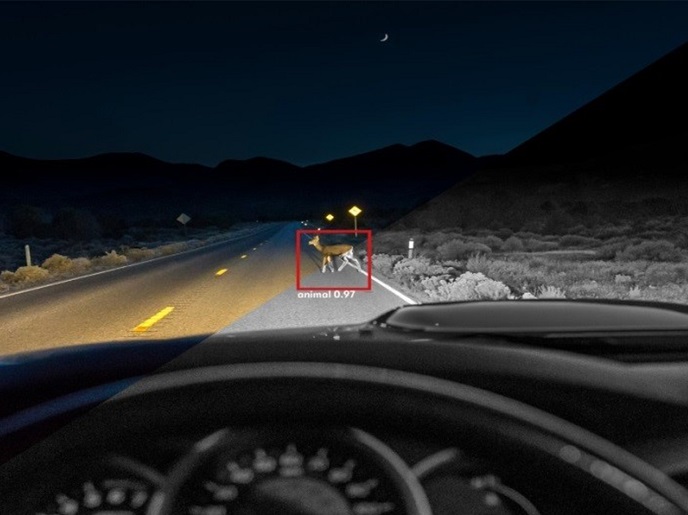Mariners get MASSTER programme
In an effort to harmonise, standardise and improve global maritime practices, the International Maritime Organization (IMO) has established a series of initiatives that aims to make officers of maritime vessels compliant with the Standards of Training, Certification and Watchkeeping (STCW'95). In accordance with this a group of research, educational and industry related organisations have composed the MASSTER programme. The Maritime Standardised Simulator Training Exercise Register (MASSTER) is concerned with making these objectives into a practical, educational reality. While there are international rules for maritime navigation, there are no set pan-European standards for training courses to ensure effective and homogenous compliance to these rules. This was an important shortcoming the MASSTER programme sort to remedy. First, they attained a European wide mapping of training centres using simulator technology as well as a firm understanding of their differing capabilities. The programme was then able to construct simulation scenarios suitable for the various centres to use, and which met with STCW standards. This common approach to simulation institutes resulted in a methodology and know-how development. The methodology was a significant step, as it identified areas in which current scenario simulations were lacking. Particular study was given to the shortcomings of existing training scenarios with the intention of eliminating their deficiencies. Consequently, it involved scenario development and validation and, in order to test their effectiveness, assessment tools were incorporated. This makes the MASSTER programme more comprehensive than a mere catalogue of training simulations designed for maritime education. Since special attention was applied to STCW'95 regulations with emphasis on human factors training such as situational awareness, team communication, attitude and cognitive tunnel vision, MASSTER becomes a vital tool in increasing maritime safety standards helping to reduce maritime errors due to human factors.







